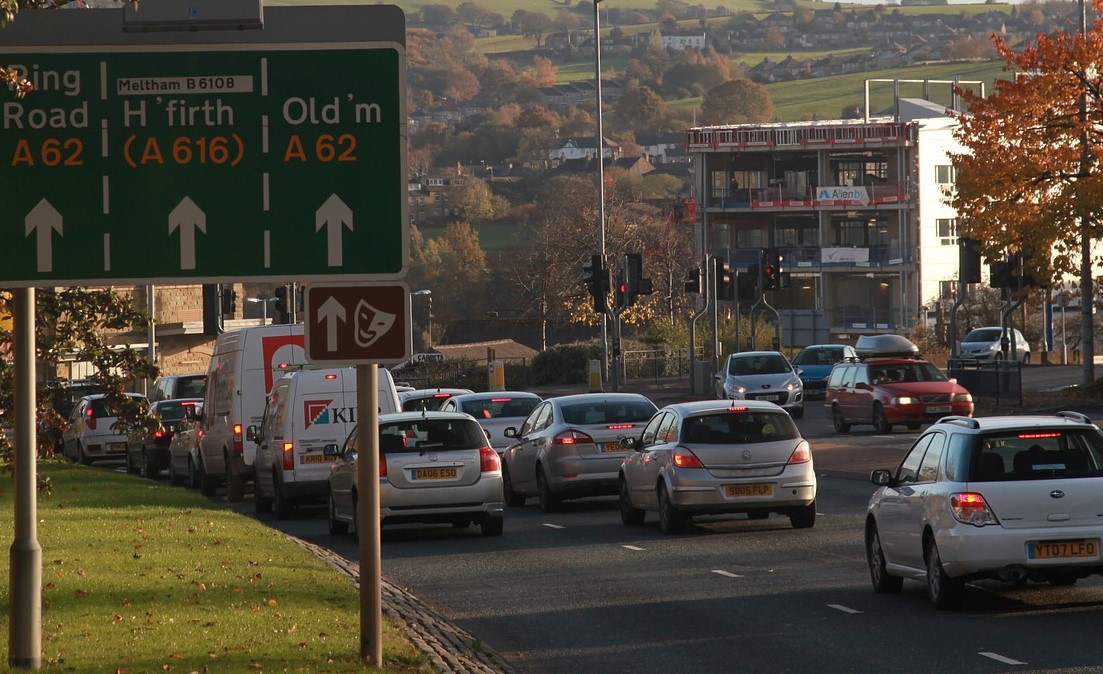By Professor Monika Büscher and Dr Nicola Spurling
Electric Vehicles (EVs) which mimic the current car-based system, are not the answer to the epochal challenge of decarbonising transport. In his mobility justice critique of EV, Henderson[i] highlights three reasons for this:
- EVs perpetuate a broken car-based mobility system. They actively detract from, or even physically displace, compact city innovations, and active and green mobility alternatives.
- Thinking about mobility beyond the local scale, the environmental impact of EVs and their batteries is enormously damaging.
- There are deep injustices in the automobility system, which are exacerbated by electrifying it.
Add to this the fact that producing enough electric vehicles to replace fossil fuelled cars would result in the UK failing to meet the Paris carbon targets even before they take to the road.
While mobile elites now aspire to electric minis or Teslas[ii], a growing precariat can barely afford the journey from suburban estates to the job centre or the food bank, and environmental impacts are felt most by those trapped in poverty elsewhere.
The wholesale turn to electrification of the existing mobility system is a form of solutionism – a technological fix for a complex socio-technical challenge that is bound to fail.
For the reasons outlined above, EVs score low on Societal Readiness Levels. Although an increasing number of people are using the technology as a convenient way to ‘green’ a car-based lifestyle, EVs fall short on their ability to deliver on carbon targets or to contribute to the public good.
EVs are currently predominantly thought of as replacements for existing vehicles, or even as enabling an increase in private vehicles. Yet, EVs are a technology with potential for transformative change. Electrification of shared mobility, via car clubs and lift-share, for example, could support new forms of multi-modal transport, and capitalise on trends to leave automobility behind.
While some studies suggest an increased turn to the car motivated by fears of Covid19 infection, others document ‘strong behavioural changes in physical and virtual mobility associated with the pandemic’ and argue that these changes constitute ‘a ‘living lab’ in which to explore the possibilities for disintegrating the boundaries of the automobility system’.[iii]
A more proactive and creative consideration of the societal readiness of EV could be used to inspire a more systemic socio-technical approach to innovation.
Mobility service models which could positively disrupt include:
- Ride-share mobility electrification – innovation of vehicle designs and services which offer alternatives to current public/private forms of provision, such as on-demand minibus services (e.g. Arriva click).
- Vehicle-share, placing charging NOT near homes and in city centres but at multimodal hubs, encouraging car-clubs.
- Extend access to active travel by infrastructuring for electric bikes not cars.
In the early 1990s, sustainable transport policy was concerned with a broad set of issues. These included: road congestion, the loss of countryside, and the disturbance of rural and semi-rural areas due to road building or the reallocation of land for parking.
Now the problem is debated only in terms of emissions targets. National policy in relation to all forms of transport is heavily focused on vehicle technology to the detriment of other possibilities.
These policies and the focus on private EVs actually reinforce current patterns of consumption, tying us to a future in which the use of private cars continues to dominate and increase. This is reflected in the substantial road building programme which comes part and parcel with low-emissions vehicle policy.[iv]
Covid19 and responses to climate change have shown that societies are ready and uniquely positioned for a system change to our mobility systems. Now is the time to have vision and implement it. EVs can certainly play a part, but as a positive disruption to the current system, rather than a substitute for it.
[i] Henderson, J. (2020) EVs are not the answer: A mobility justice critique of Electric Vehicle transitions, Annals of the American Association of Geographers, vol. 110, no. 6, pp. 1993-2010.
[ii] Taffel, S. (2018) Hopeful Extinctions? Tesla, Technological Solutionism and the Anthropocene’, Culture Unbound Journal of Current Cultural Research, vol. 10, no. 2, pp. 163-184
[iii] Wang, L.; Wells, P. Automobilities after SARS-CoV-2: A Socio-Technical Perspective. Sustainability 2020, 12, 5978.
[iv] Spurling, N. (2014) Tesla’s Technocars are the Right Answer to the Wrong Question, The Conversation, https://theconversation.com/teslas-techno-cars-are-the-right-answer-to-the-wrong-question-27652.

